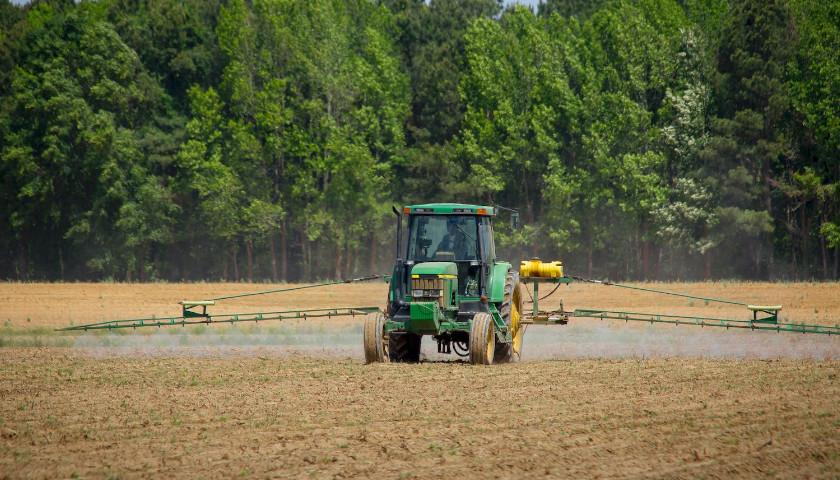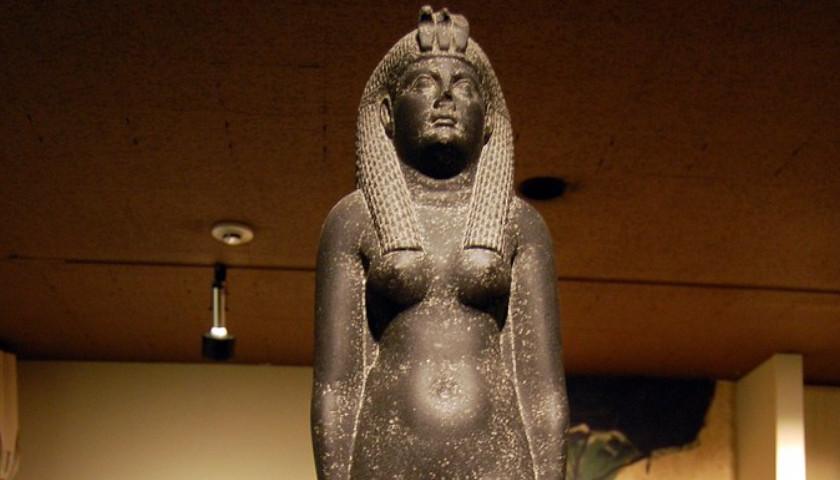From ancient Egypt to medieval England, cultivating one or more crops in the same field was common practice among many farmers for thousands of years. However, in the last century, food producers largely stopped ‘intercropping’ and moved towards an industrial type of agriculture – a shift that contributed to 34% of the world’s farmland being degraded today.
“Interest is growing in intercropping [again] because farmers increasingly understand it improves their soil health,” said Jerry Allford, an organic farmer and advisor from the Soil Association, a UK charity promoting sustainable agriculture. Jerry thinks this renewed focus can “open up a whole new way of farming” because it can bridge profitability with regenerative agriculture practices.
Read More

